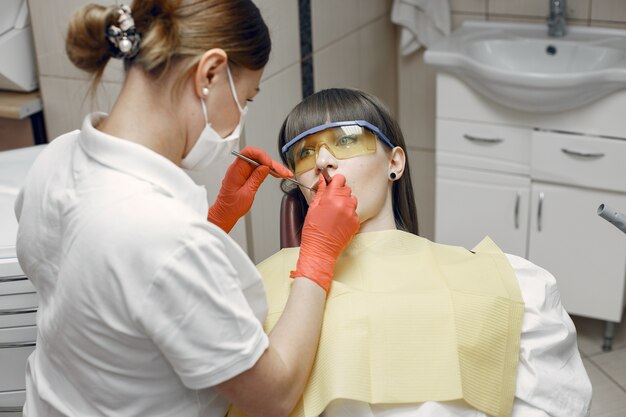
Everyone wants to keep their natural teeth, but sometimes dental problems require a tooth extraction. This means permanently removing a tooth from its socket, usually after other treatments haven’t worked. Common reasons include severe damage, decay, impaction, overcrowding, and more.
If you’re considering tooth extraction for better oral health, it’s important to prepare. Here are some useful tips:
First, choose the right hospital. Find a reputable dental clinic well ahead of time because not all dentists or facilities are equal. Some may even create more problems than they solve. Reputation matters, so check other patients’ reviews online to ensure you select a trusted provider.
Paying for dental services usually isn’t cheap. You’ll need money for the extraction and any required medication. If you have medical insurance, use it. If not, consider your savings or ask family and friends for help. If these options don’t work, look into dental grants from the government or crowdfunding online. Charitable organizations might also offer financial assistance for extractions.
Before the procedure, don’t eat for about 12 hours to avoid nausea and increase comfort. However, if you’re getting local anesthetics, you might not need to fast, so check with your dentist about what to eat.
Avoid alcohol several hours before and after the extraction as it can complicate the procedure and prevent proper healing. Alcohol affects blood circulation and can interfere with anesthesia, increasing health risks like excessive bleeding. Smoking is also a no-go since the chemicals in tobacco can cause infections and delay healing by preventing blood clots from forming.
Preventing complications also means sharing your full medical history and any medication allergies with your dentist. Bring sedatives and painkillers to help manage discomfort during and after the procedure. Sometimes antibiotics are needed to prevent infections, so consult your dentist.
After the extraction, you’ll likely be tired and may have a headache, so arrange for someone to drive you home. Plan ahead for your recovery by having someone help with household tasks, especially if recovery takes more than a few days.
When you get home, avoid hard foods for the first 24 hours to protect your gums. Choose soft or liquid foods and eat fruit to boost your immune system. Getting good sleep before the procedure can help reduce anxiety and improve comfort. Afterward, sleep is essential for recovery. You might not be able to exercise post-extraction, but other methods like using a supportive pillow can improve your sleep quality.
Following these tips can make a dental extraction process smoother and help you recover faster.



